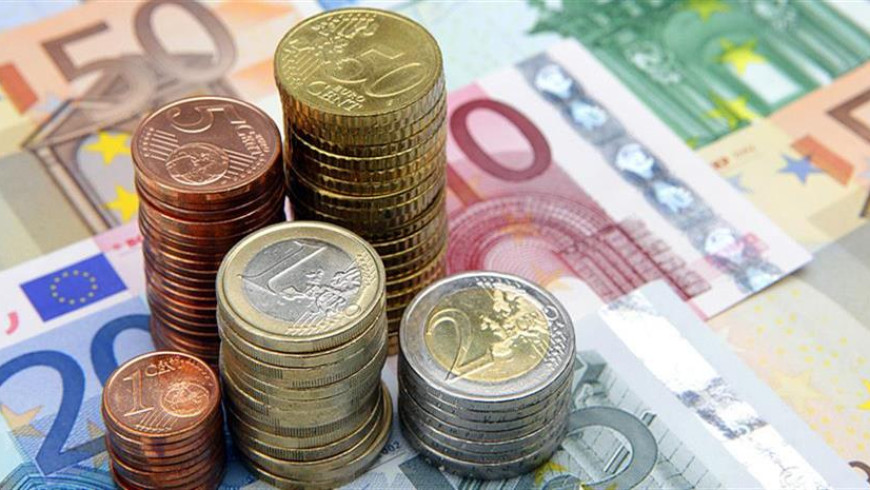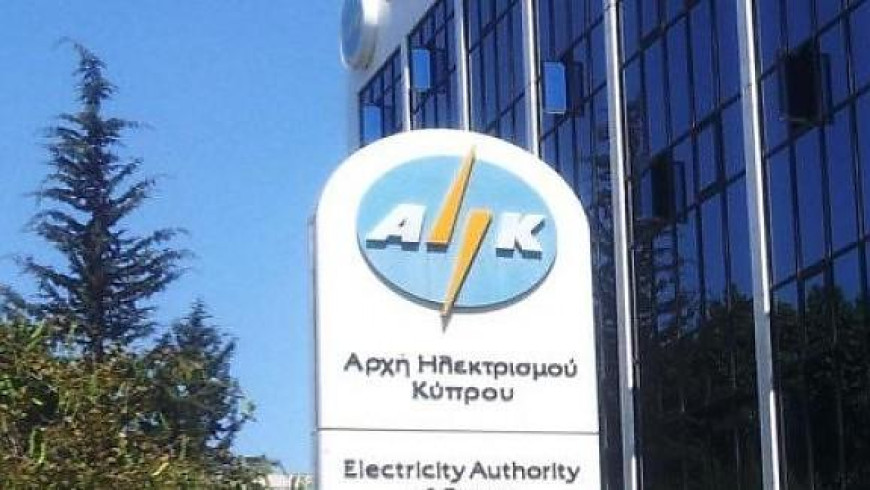Questionable Performances of Cyprus Banks

Recent media reports on the performances of the largest Cyprus banks highlight their recording of much higher profits in the first half of 2023. What are the sources of these increased profits and have they been associated with the better contribution of banks in improving the economy and the well-being of society? Moreover, have the main Cyprus banks enhanced their financial intermediation role in productively using the savings of their depositors in extending loans to enterprises and households. Or are these banks just continuing to pile-up cash and cash balances at the ECB in large part because of their pre-occupation with reducing their NPLs and selling their related property collateral to credit acquiring companies and private equity funds, rather than extending new credits to finance the expansion of real economic activity?
Developments
When Cyprus exited the adjustment program with the “Troika” of international institutions in March 2016 it was stated that financial stability had been restored and that the economy was recovering well. Furthermore, it was contended that banks were well-capitalized and had adequate liquidity, thus, giving them the potential to contribute positively to improving the performance of the economy.
However, as argued in previous opinion pieces the performance of Cyprus banks since 2015 in contributing to the well-being of businesses and households and the real economy in general has been disappointing. There has been a persistent failure of banks to deploy their abundant funds, mainly stemming from the deposits of households and enterprises, in productively extending interest-bearing loans to finance the investments of non-financial corporations (NFCs) and households. In consequence banks have had to deposit huge amounts of their idle cash balances or excess reserves effectively at the ECB earning negative interest over the period from December 2014 to July 2O22. And owing to the poor composition of their assets, that included a very large amount of NPLs as well as excessive cash balances, banks recorded very low profits or losses in the period from 2015 to mid-2022.
By end-June 2022 the cash and cash balances held by systematically important Cyprus banks had reached 17.9 billion euro and was above their outstanding total loans of 17.6 billion euro. Consequently, the return on assets of these banks was relatively low averaging 0.32% for the half year ending June 2022. In contrast with the proportion of cash and cash balances to outstanding loans of most other systematically important banks in the euro area being much lower at 26.6%, the return on their assets averaged a higher 0.50%.
However, in the first half of 2023 despite Cyprus banks failing to increase significantly their portfolio of interest-bearing loans as well as maintaining their huge holdings of cash balances at Central Banks, these banks recorded very large increases in their profits. In fact, in the first semester of 2023 the profit of the Bank of Cyprus increased to 221 million euro (return of 0.86% on assets) compared with 43 million euro in the corresponding period of 2022, while the profit of Hellenic Bank rose to 160 million euro (return of 0.79% on assets) from 53 million between the same two periods.
The large increase in the profits of these two Cyprus banks and also that of Eurobank Cyprus is attributable mainly to their much higher net interest income “earned” in the first half of 2023 stemming importantly from greater interest receipts from their holdings of deposits at Central banks. The latter in turn reflected the profound change in the interest rate policy of the ECB. For example, Hellenic Bank received interest income of 113 million euro from its holdings of deposits at Central banks in the first half of 2023 compared with minus 13 million euro in the first half of 2022 as the average interest rate on the ECB deposit facility changed markedly from minus 0.5% to plus 3.0%. In contrast t
he increase in interest income from loans and advances of Hellenic Bank to its customers amounted to a much lower 20 million euro between these two half years. Also, Hellenic Bank only raised its interest expenses on customer deposits from 2.1 million euro in the first half of 2022 to a pitiful 5.9 million euro in the first semester of 2023.
The large increase in profits of Cyprus banks over the last year has not resulted from their better performance in intermediating and using the funds of its depositors to improve the economy and adequately serve society. Rather it has been the accumulation of their huge cash balances at the ECB because of the failure to deploy these funds productively in interest-bearing loans to households and businesses that has enabled banks to suddenly extract greater interest income and reap higher profits owing to the recent profound change in the interest rate policy of the ECB. In addition, the suppression of deposit interest rates for bank customers has contributed to increased profitability of banks. Indeed, the net interest margin of the Bank of Cyprus increased steeply from 1.32 percentage points in the first half of 2022 to 3.17 percentage points in the same six months of 2023, while the net interest margin of Hellenic Bank rose from 1.44 percentage points to 2.41 percentage points between these two periods.
Policy Proposals and Objectives
The increased income and higher profits of Cyprus banks have been largely obtained indirectly from interest on deposits of bank customers and should be passed on directly to these depositors through offering them higher interest rates. Bank depositors have suffered for many years from negative real deposit rates and raising nominal deposit rates would be a more equitable and feasible way than the government taxing so-called windfall profits to syphon off part of bank profits and reduce their net interest margins.
In addition, the defense tax rate on interest income should be reduced from an exorbitant 30% to 10% in line with the rate on Cyprus government bonds.
But most importantly, banks need to utilize their large volume of loanable funds more productively by expanding their financing of investments in economically viable projects. Bankers need to develop their ability to competently appraise the income potential of investment projects and the borrower’s capacity to repay rather than basing their lending on the security or collateral of the borrower.
Moreover, as repeatedly argued in past publications, such as in the Sunday Mail of May 1, 2022, there is a compelling need in Cyprus to create a project financing capability both within and outside banks. Accordingly, an independent Development-type bank or agency could be created and take the lead in appraising and financing large-scale projects including an array of investments scheduled under the Recovery and Resilience plan agreed with the EU.
Although, banks may be improving the quality of their asset portfolios with the selling of NPLs and related property collateral to credit acquiring companies and investment funds, they are not relieving private sector entities of their heavy debt obligations. While bank NPLs relating to NFCs and households are estimated to have been reduced by over 24 billion euro between December 2015 and March 2023, debt outstanding of NFCs and households has been decreased by only 2.0 billion euro to 60 billion euro or to around 220 % of GDP over the same period. Furthermore, the sale by banks of NPL related properties to private investment and equity funds at large discounts is just resulting in the transfer of wealth to richer entities rather than real wealth creation. Indeed, it should be the creation of real wealth for the economy together with the provision of good customer service that banks should be aiming at in conducting their financial activities and operations.







 3287.99
3287.99 1275.09
1275.09

